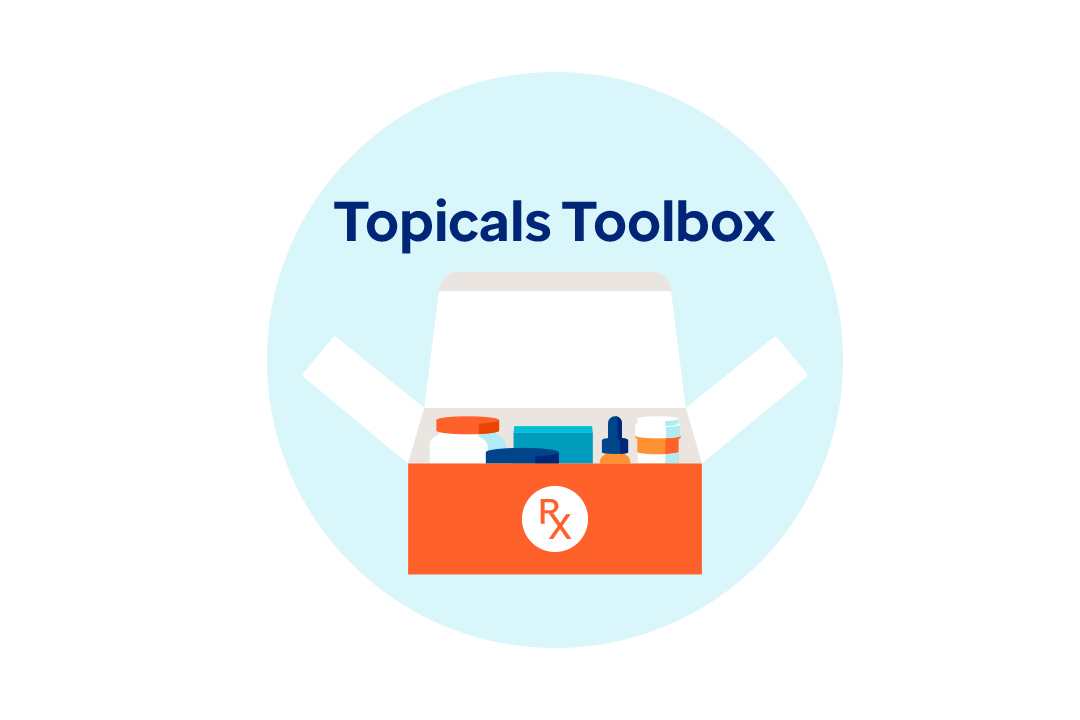Explore insights by category
Clinical services | Corporate partnership | Cost containment | Policy/regulatory guidance | Program features | Program management | Search all insights
Latest featured insights
Article
With our whole-person approach to injured person care, we can lower costs and support an injured individual’s interconnected needs.
White paper
Optum is focused on providing personalized, compassionate service to all stakeholders. Hear how our customer service professionals embody this commitment every day.
White paper
Climate change poses significant health risks for workers. Optum programs work together to address an injured worker’s varied and often codependent needs.
Article
Formulary management works with the authorization process to support worker safety, reduce complexity, and prevent unintended billing errors.
Clinical services
Clinical update
On January 30, 2025, Axsome Therapeutics announced the U.S. FDA approval of Symbravo for the acute treatment of migrane.
White paper
Climate change poses significant health risks for workers. Optum programs work together to address an injured worker’s varied and often codependent needs.
White paper
GLP-1 medications can offer substantial benefits for overweight injured workers. Our clinical and policy experts can help you navigate the evolving GLP-1 landscape.
Article
Formulary management works with the authorization process to support worker safety, reduce complexity, and prevent unintended billing errors.
Corporate partnership
Article
With our whole-person approach to injured person care, we can lower costs and support an injured individual’s interconnected needs.
Article
When selecting a business partner, it is important to prioritize the qualities and values you know are critical to a successful relationship.
White paper
Market changes and evolving client needs can create challenges. By tuning in to these needs and thinking strategically, challenges can become opportunities.
Article
The Optum and ProCare CEOs explain the strategy behind their organizations’ collaboration and how it will benefit the client experience.
Cost containment
White paper
The Optum Clinical & Coding Logic works in conjunction with standard and proprietary bill review platforms to uncover additional opportunities for savings.
Article
PBM pricing methodologies and models can be tricky to compare. A better understanding of their similarities and differences can help.
Article
Multiple factors affect PBM pricing. By asking the right questions, payers can find the right fit and the most savings for their organization.
Article
Auto insurers face financial challenges from increasingly frequent and severe claims. With a sound strategy, carriers can stay profitable.
Policy/regulatory guidance
Policy-regulatory update
Recent state policy updates in CA, MN, NV, OR, RI, WA, and WI.
Policy-regulatory update
New York WCB issues updates to pharmacy direction of care rules for certain medically necessary circumstances.
Policy-regulatory update
New York WCB adopts changes to pharmacy direction of care regulations to take effect July 11, 2025.
Policy-regulatory update
On July 1, 2025, California DWC will roll-out a new pharmacy fee schedule for Medi-Cal pharmacy rates.
Program features
White paper
Optum is focused on providing personalized, compassionate service to all stakeholders. Hear how our customer service professionals embody this commitment every day.
White paper
The Surgery Plan feature of our pharmacy portal lightens the workload for adjusters with claimants preparing for surgery.
Article
Optum uses AI to predict risk and likely outcomes for injured persons. Yet even with technological advances, human claim oversight is critical.
Article
AI-driven risk identification allows our clinicians to address potential treatment needs more quickly and drive a better therapeutic outcome.
Program management
Article
Our annual review of drug utilization data revealed key industry trends and policy developments shaping workers’ compensation care in 2025 and beyond.
Article
When a topical medication is deemed medically necessary, it helps to have resources that provide insight into utilization and overall cost.
Article
A commitment to fostering an excellent client experience can help workers’ comp service providers stand out from the crowd.
White paper
Optum offers both traditional (discount to AWP) and transparent (cost-plus) pricing. Learn more about each model and what might work best for your organization.





















